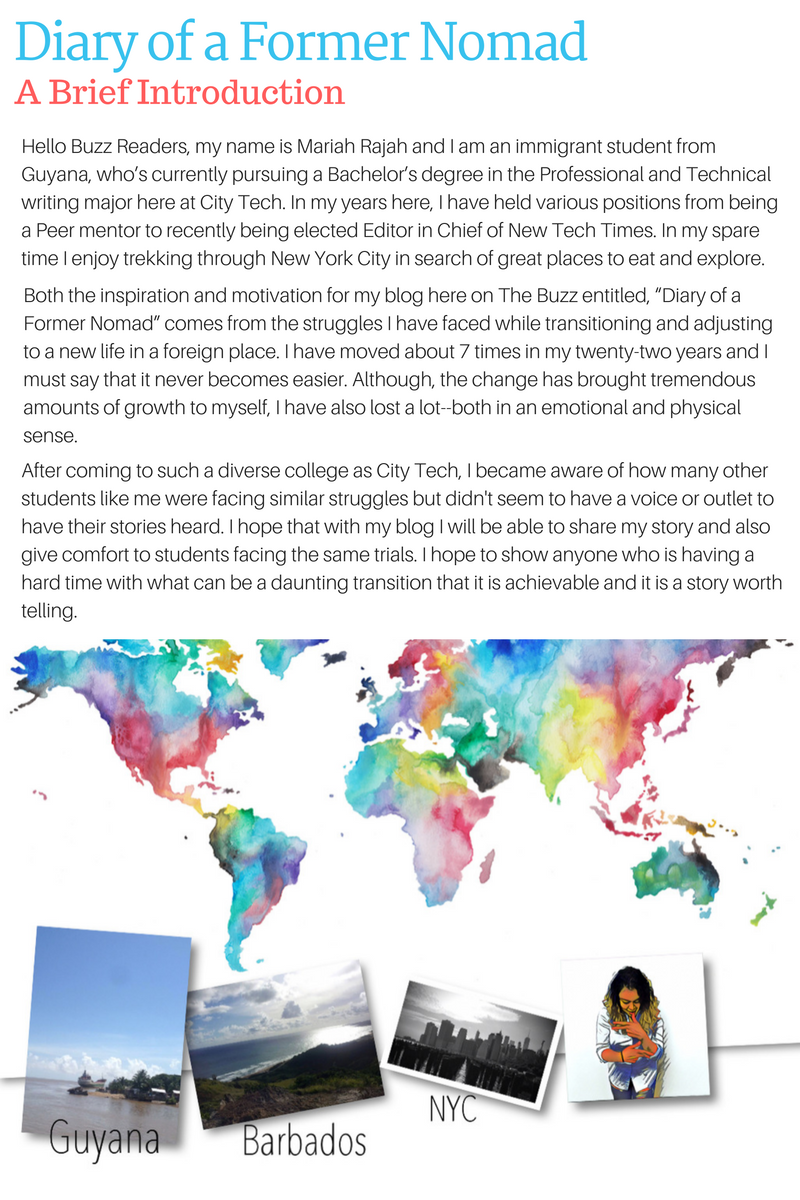By Robine Jean-Pierre
During spring break, I went on a three day “unity retreat” in Pennsylvania through an organization called Seekers Christian Fellowships. I am currently the president of the Seekers club here at City Tech, so I definitely made it a priority to be there and represent. It was an amazing experience and I wish I could have spent the whole week there!
One of the purposes of this event was to assemble high school and college students from various Seekers-affiliated schools so they could make new friends and explore their faith together. We would be unified through relationships that transcended differences in age, gender, background, and career path.
The strong cultural diversity apparent on the retreat was quite remarkable. We had students and staff with ethnic backgrounds representing India, Sri Lanka, Korea, Jamaica, Haiti, Colombia, Puerto Rico, the Dominican Republic, Guatemala, Uganda, and more.
At any given moment, one of us was cracking a racially/culturally fueled joke that was borderline inappropriate (if not for the fact that people mostly joked about their own respective cultures, not really anyone else’s). From memory, here are a few examples of the intriguing, humorous statements I heard:
“It would be disappointing if we met Hispanic people who weren’t loud.”
“Indians are even louder! Have you ever been to an Indian party?”
“Look. I’m Hispanic and I’m crazy, so…”
“I’m Korean. Waking up early is easy for me.”
“He’s not even real Indian–he’s Sri Lankan.”
A Seekers friend of ours had even remarked once that our Korean and Ugandan staff members reminded him of Jackie Chan and Chris Tucker, respectively; when I told one of them this joke during the retreat, he was deeply amused.
Sometimes the boundaries were almost crossed when people of different ethnic backgrounds tried to mimic each other’s accents, but if the person did a good job, it was praised; if not, you could feel the awkwardness which quickly dissipated in laughter.
More serious, personal comments also provoked cultural awareness in some way. For example, our Korean staff member told us about how his dad was so strict that if he came home with a 98 on an assignment, he would be very disappointed and ask, “Where are the other two points?” He also mentioned the fact that he was the first Asian person his acquaintance from the Midwest had ever met in the flesh (as opposed to on TV). Our Colombian director explained that a lot of people thought she was white when she wasn’t, yet she had siblings whose complexions were every color of the rainbow. One college student opened up about how Indian parents tended to be loving but also fiercely overprotective.
Although not every ethnicity was represented on the retreat, I was grateful to be exposed to so many different cultures and learn more through both lighthearted and serious conversation. Being able to understand and relate to other cultures can be so helpful in promoting peace and unity, starting with the interactions of just two people. As Seekers members, this is especially crucial to our common Christian belief that God loves everyone (not just specific people groups) and wants us to do the same.







